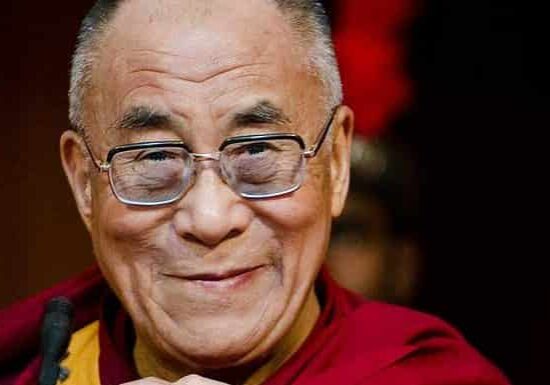Exposure to Diversity and Peace
Updated: June 19, 2024
Published: August 31, 2011

“The more contact we have with one another and the more we come to under- stand each other’s values, the greater will be our mutual respect.” – Dalai Lama
A couple weeks ago, I attended EMV2011: Third Worldwide Meeting on Human Values Monterrery, Mexico on September 8th – 10th 2011. This phenomenal three day call-to-action involved inspirational speeches and discussions on conscience, imagination/education, and conflict resolution/peace processes.
The Dalai Lama spoke about building harmony and peace. Additionally, I spoke about access to quality higher education for all.
As I reflect on the incredibly moving speeches given at EMV2011, I feel reinforced that the driving vision behind University of the People, which is grounded in the belief that universal access to education is a key ingredient in the promotion of world peace, is the right vision.
Education impacts not only the lives of individuals—their income, health and quality of life, but also the societies in which they live. Crime rates, social awareness, economic stability and sustainable development are often tied to the accessibility of education. Education also leads to other social benefits, such as a more socially engaged and informed citizenry, lower child mortality and better child health. It is also crucial to efforts to promote equality and world peace. Educated people are more likely to have been exposed to diversity, to new ideas and ways of thinking. Consequently, they are more likely to be open minded, accepting of difference, and, having invested in their futures, are less likely to turn to violence, crime and terrorism.
Our goal therefore should be to educate as many people as possible, particularly in regions of protracted conflict, such as the Middle East. Bringing together students considered ‘enemies’ outside the classroom, such as Israelis and Palestinians or Indians and Pakistanis, can have positive benefits throughout whole societies, as students learn that they have more in common than they would have thought, and that their commonalities outweigh their differences.
Understanding this valuable role that exposure to diversity has on promoting peace and understanding, University of the People provides students with heightened exposure to diversity. In a typical virtual classroom, twenty students or more are likely to have come from twenty or more different countries. This accelerated exposure to diversity increases the chances for mutual respect across cultures and religions, and plays a key ingredient in education’s role within the promotion of peace.
There are lessons always being learned and new challenges arising with respect to education and the fostering of peace. However, I am confident that University of the People is prepared and wholehearted in tackling these challenges as part of our continuous pursuit of building a scalable model for the future of global higher education – building not just any model, but one with the capacity to promote the development of world peace.
